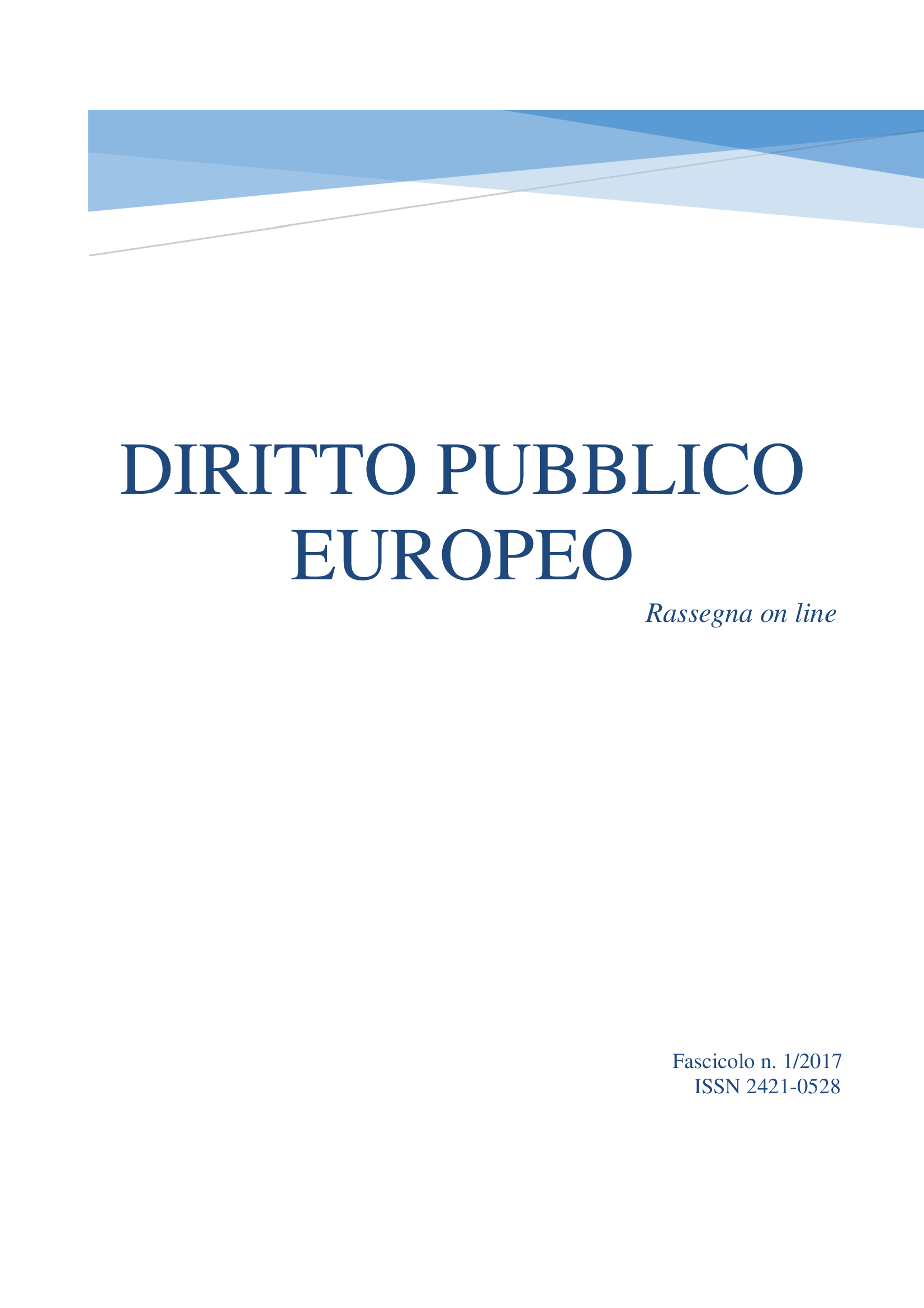Disciplina dei porti e nuovi modelli di amministrazione pubblica per una dimensione europea
DOI:
https://doi.org/10.6092/2421-0528/6436Abstract
In Italy the "sea system” indisputably constitutes one of the major hubs of the national economy.
Nevertheless, among other reasons normative nature, linked to a dated system on the basis of the organizational scheme contained therein and not aligned with the recent reality, and incompatible with the need for such rapid decision-making processes because they are able to grasp the weft of interest and the requirements underlying the system, have long negatively affected the competitiveness of the industry.
To meet those needs, prospecting in the area a new and effective national governance model has recently intervened d.lgs. n. 169 of August 4, 2017, the reorganization, streamlines and simplifies the regulation of port authorities through a substantial amendment of the Law on the port system, n. 84 of 28 October 1994.
Of this new discipline, no doubt there are many individual specific profiles deserving attention.
More generally, however, it is notable for the compliance of its contents to a new vision of public administration, not only pushed to the exercise of authoritative character functions, but capacity to promote growth, development and creativity.
Singled out as a "building site" of new models of administrative action, the legislation in question, in fact, work is not only an important review of the organizational structure, but also impacts on the level of decision-making mechanisms, through a clearer demarcation of the governing bodies of those who perform participatory and consultative roles. In this perspective, in particular through the partnership body of maritime resources, so it accentuates the centrality that the consultation phase assumes the formation of the Authority's decision, that only with proper motivation, will in fact ignore the opinion that, through public cooperation - private, it is made for the purpose of more effective pursuit of the public interest underlying its action.


